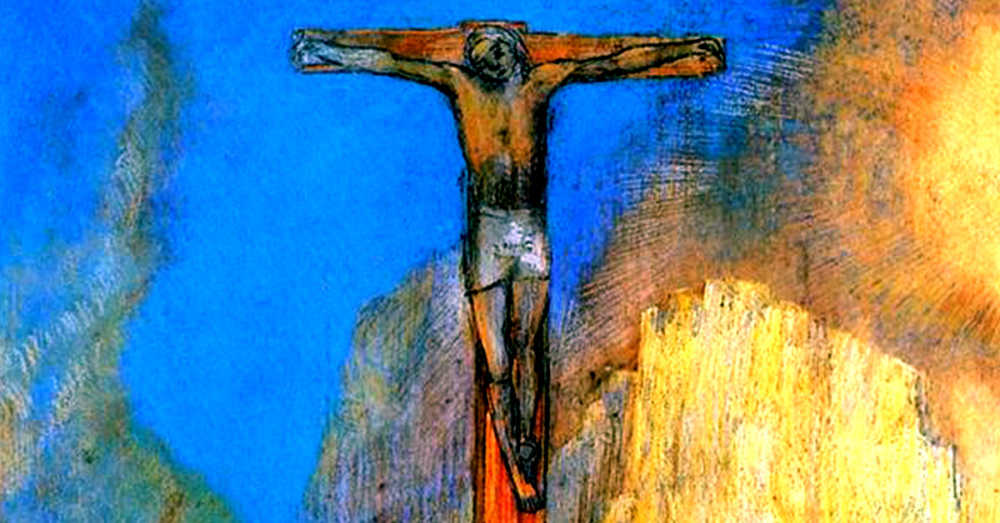Whatsisface
Well-known member
If you don't know a fact that can lead to a belief about said fact, then you can't have a belief about something you know nothing of. Learfning something new leads to new beliefs.Don't know how knowledge can come before belief, when belief is necessary in order to make the truth and reality known to us. Maybe you can explain?
Belief isn't necessary in order to make truth and reality known. This is a huge mistake you keep making.
See above,But how can knowledge make belief known to us when belief is necessary in order to make the truth and reality known to us?
Maybe you can explain?
No. Because knowledge can lead to beliefs.Why, just because you said so?
That's because no matter how carefully someone explains where you go wrong, you never seem to get it. So what's the point?But you didn't show how and why my "premises are flawed", all you did was just say they were.
It can do, but knowledge can also come before belief.1. Does Belief come before knowledge? True.
Not necessarily, no.2. Does Belief inform knowledge? True.
Utterly wrong. It seems this is at the heart of where you go wrong.3. Do Beliefs form knowledge? True.
It can do.4. Does Belief become knowledge? True.
It can be under certain circumstances, but it isn't under others. I take it you think Muslims have wrong beliefs?C: Therefore, Belief must be a form of knowledge. Must Follow.
Last edited:


